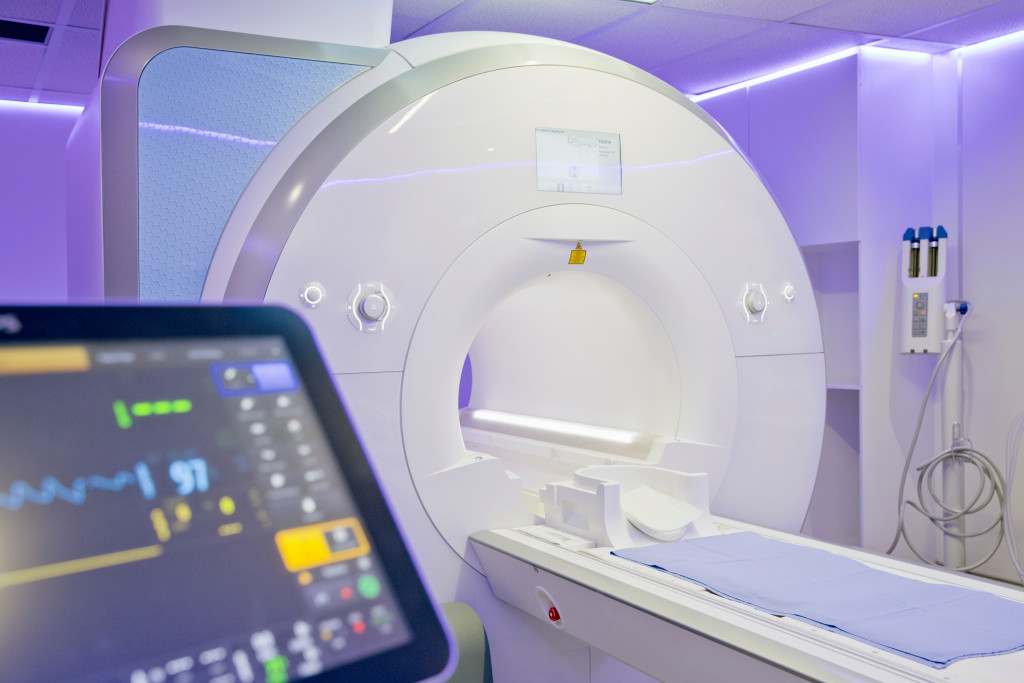• Understand the specific regulations and requirements needed to supply hospital materials and equipment.
• Make sure that the materials and equipment meet safety, performance, and quality assurance standards.
• Provide necessary electrical equipment, medical imaging devices, and diagnostic tools.
• Gain accreditation from relevant bodies and develop relationships with hospital purchasing managers.
You may be considering supplying hospital materials and equipment as a business owner. This can be an incredibly lucrative opportunity since hospitals require a wide range of supplies and equipment to provide quality care for their patients. However, it can also be an intimidating prospect since you need to be sure that you are providing the hospital with the highest quality materials and equipment available.
Quality is the most important factor when it comes to supplying hospitals. You must ensure that any materials and equipment you provide meet the hospital’s safety and performance standards. It is also important to keep up with changing regulations to be sure that you provide compliant products.
Here are some tips to help you successfully supply materials and equipment for hospitals:
Know Your Hospital Requirements
The first step in supplying materials or equipment for hospitals is understanding your hospital requirements. Different hospitals have standards that must be met before any supplies are accepted. These requirements vary from hospital to hospital, so research your target market thoroughly before making any commitments. Ensure you understand the specific regulations that must be followed for your products or services to be accepted by the hospital. Here are some of the required requirements:
- Properly licensed and trained personnel for installation, maintenance, and repairs
- Documentation of all materials and equipment provided
- Compliance with fire safety regulations
- Accurate labels on all products that meet hospital standards
- Meeting the required Quality Assurance (QA) standards set out by the hospital
- Proof of insurance for any materials and equipment provided.
Required Equipment
Aside from the licenses and documentation, it is important to ensure that you provide hospitals with the right materials and equipment. You should also confirm that your products meet the hospital’s specific performance requirements. It is also essential to ensure that all materials and equipment provided comply with the latest safety standards. Here are some of the essential equipment that need to be supplied to hospitals:
Electrical Equipment
Supplying electrical equipment in hospitals is necessary for powering various electrical devices and appliances. This includes electrical cables, switchboards, distribution panels, circuit breakers, surge protectors, and other electrical components. These are necessary to ensure the safe operation of patient rooms, operating theaters, and other hospital areas. Some equipment that rely on electricity include the following:
Medical Imaging—Hospitals must provide their patients the best medical imaging services. This is why they require various imaging equipment, such as CT scanners, MRI machines, and ultrasounds. Depending on your product range, you may also need to supply other medical devices such as X-rays, mammograms, and other imaging devices.
Diagnostic Equipment—Hospitals require a wide range of diagnostic tools and equipment to assess their patient’s health. This includes MRI machines, X-ray systems, ultrasound scanners, and other imaging devices. Make sure that any diagnostic equipment supplied meets the hospital’s standards for accuracy and reliability.

Get Accredited
Another important step in supplying materials or equipment for hospitals is gaining accreditation from relevant bodies. To provide supplies or services, you must demonstrate that your business meets all the necessary standards by governing bodies such as the Joint Commission on Accreditation of Healthcare Organizations (JCAHO) or other state and government accrediting bodies.
This accreditation process involves a thorough assessment of your processes, procedures, and safety records to ensure that you provide a high-quality service. Once accredited, you can use your status as proof of professionalism when selling materials or equipment to hospitals.
Develop a Strong Relationship with Purchasing Managers
It’s also important to remember that purchasing decisions are made at the hospital level—not at a higher corporate level like other businesses might operate. That means developing relationships with each purchasing manager at every hospital location where you intend to supply materials or equipment is essential before getting started.
Establishing trust with those decision-makers can go a long way in helping you get approved as a supplier quickly and easily. Building strong relationships can help ensure repeat business if everything goes well!

Supplying materials or equipment for hospitals is no easy feat, but if done correctly, it can be incredibly rewarding! With the right amount of preparation, you can provide hospitals with the materials and equipment they need to care for their patients successfully. By following these steps closely, business owners can confidently provide quality products and services for hospitals while increasing their profits along the way!
